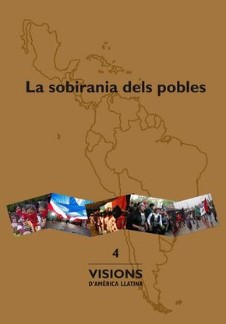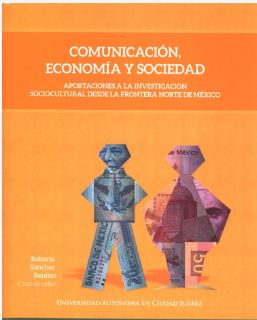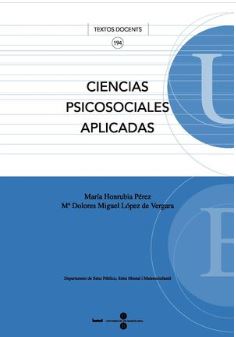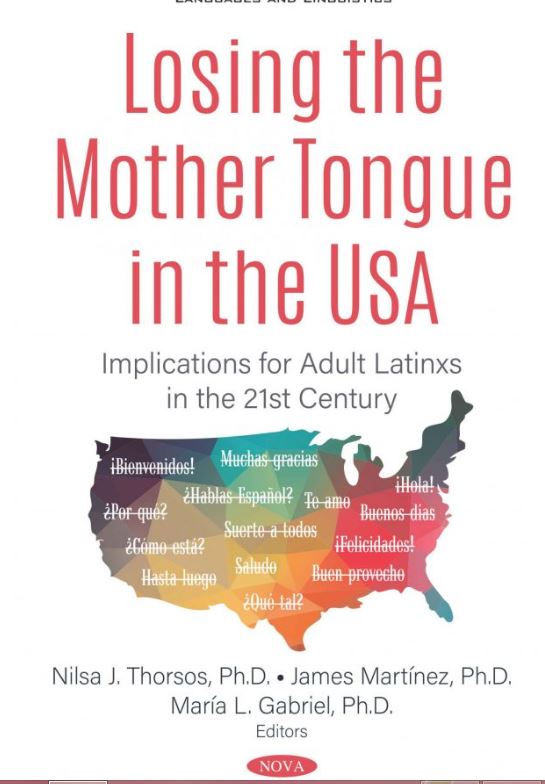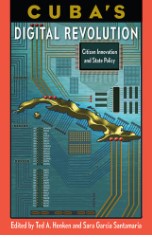
CUBA'S DIGITAL REVOLUTION: CITIZEN INNOVATION AND STATE POLICY
$ 532.00 MXN
Tema: |
SOCIOLOGIA |
ISBN: |
9781683403517 |
Autor: |
TED A. HENKEN |
Editorial: |
UNIV. PRESS OF FLORIDA |
Edición |
1° edición |
Año: |
2022 |
Sinposis
A wide-ranging examination of the ways digital technologies are impacting Cuba's Revolutionary project "The most comprehensive English-language compendium on the contemporary aspects of Cuban internet practices, material forms, policies, and histories. . . . An instantly valuable resource."_NACLA Report on the Americas "Weaves together themes of dispute, repression, social activism, and ideology to illustrate the Cuban society of today where the official narrative silences the alternative discourse and knowledge, and citizens are learning to skillfully use digital media as an agent of change."_Transmodernity "An important contribution to the study of the Cuban media landscape. Cuba's Digital Revolution examines changes brought about by recent expansion of Wi-Fi access points through attention to how independent journalism, media distribution, activism, entrepreneurship, and media culture are developing alongside local and global technological and political changes."_Cristina Venegas, author of Digital Dilemmas: The State, the Individual, and Digital Media in Cuba The triumph of the Cuban Revolution gave the Communist Party a monopoly over both politics and the mass media. However, with the subsequent global proliferation of new information and communication technologies, Cuban citizens have become active participants in the worldwide digital revolution. While the Cuban internet has long been characterized by censorship, high costs, slow speeds, and limited access, this volume argues that since 2013, technological developments have allowed for a fundamental reconfiguration of the cultural, economic, social, and political spheres of the Revolutionary project. The essays in this volume cover various transformations within this new digital revolution, examining both government-enabled paid public web access and creative workarounds that Cubans have designed to independently produce, distribute, and access digital content. Contributors trace how media ventures, entrepreneurship, online marketing, journalism, and cultural e-zines have been developing on the island alongside global technological and geopolitical changes. As Cuba continues to expand internet access and as citizens challenge state policies on the speed, breadth, and freedom of that access, Cuba's Digital Revolution provides a fascinating example of the impact of technology in authoritarian states and transitional democracies. While the streets of Cuba may still belong to Castro's Revolution, this volume argues that it is still unclear to whom Cuban cyberspace belongs. Ted A. Henken, associate professor of sociology and Latin American studies at Baruch College, City University of New York, is coauthor of Entrepreneurial Cuba: The Changing Policy Landscape and the author of Cuba: A Global Studies Handbook. Sara Garcia Santamaria, associate professor of media and communication at Universitat Ramon Llull and Universitat Jaume I, is coeditor of Media and Governance in Latin America: Towards a Plurality of Voices. Contributors: Larry Press | Edel Lima Sarmiento | Olga Khrustaleva | Alexei Padilla Herrera | Eloy Viera Cañive | Marie Laure Geoffray | Ted A. Henken | Sara Garcia Santamaria | Anne Natvig | Carlos Manuel Rodríguez Arechavaleta | Mireya Márquez-Ramírez, Ph.D.| Abel Somohano Fernández | Rebecca Ogden | Jennifer Cearns | Walfrido Dorta | Paloma Duong A volume in the series Reframing Media, Technology, and Culture in Latin/o America, edited by Héctor Fernández L'Hoeste and Juan Carlos Rodríguez Publication of the paperback edition made possible by a Sustaining the Humanities through the American Rescue Plan grant from the National Endowment for the Humanities. Of Related Interest





